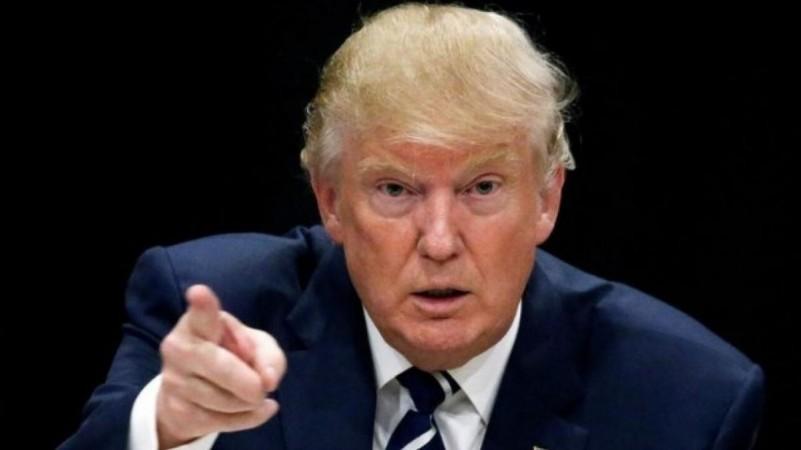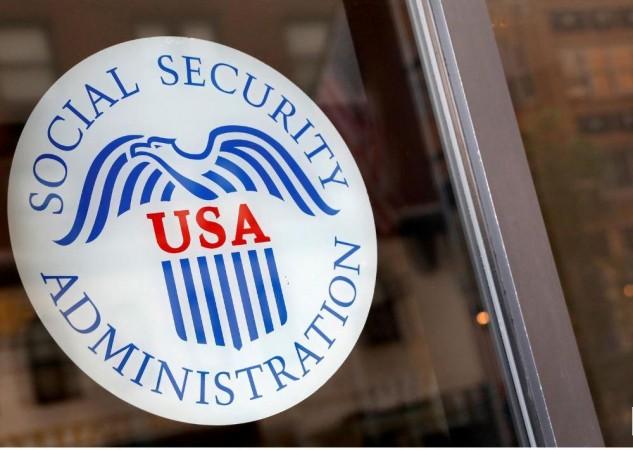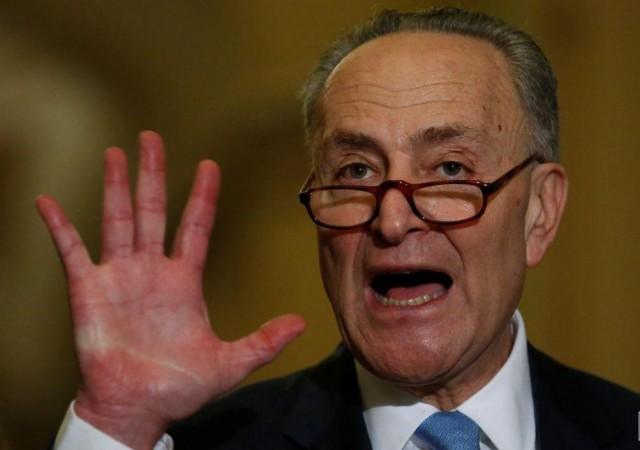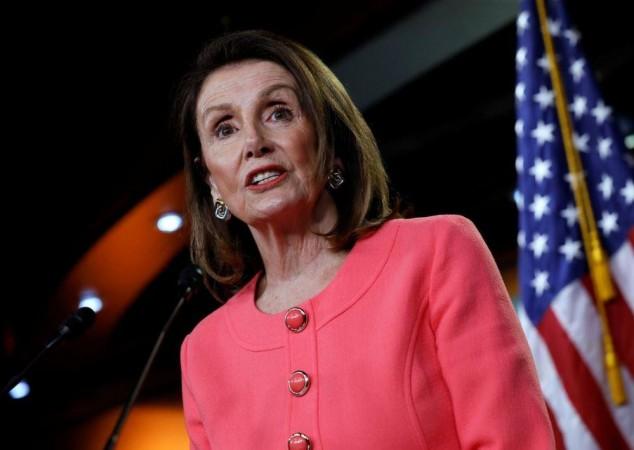
US President Donald Trump on Saturday signed four executive orders that he said would provide relief to millions of Americans who are struggling financially during coronavirus pandemic.
Of the four orders- defer payroll taxes for workers earning less than 100,000 till Dec 31, extend unemployment benefits although, at reduced rates, a moratorium to halt evictions for those struggling to pay their monthly rent, and defer student loan payments and interest until the end of the year- cut in payroll taxes has stirred a political storm.
Trump orders payroll tax deferment
In his order, Trump said that companies can defer the payroll tax, which is the main component of social security and partially component for Medicaid, from August 1 to December 31.
Though the order would not have any impact on unemployed employees, it would exempt the workers who are earning less than $4000 bi-weekly from making the contribution. In his order, Trump also said that if he gets re-elected in November elections, he would either extend or all together terminate the payroll tax.
Calling it a necessary step in the absence of any Congress approved measure, Trump said that deferred order would let American have more money in their hands in this crisis brought about by coronavirus pandemic.

Experts, Democrats criticize the action
Experts, however, criticised this move saying it's a wrong way of going ahead and that order is an assault on social security fund.
"Donald Trump once promised that he would be 'the only Republican that doesn't want to cut Social Security.' We now know that what he meant is that cutting Social Security doesn't go far enough for him: He wants to destroy Social Security." Nancy Altman, President of Social Security Works said in a statement.
Click here for coronavirus related stories
Trump signed the executive orders bypassing the Congress after the lawmakers failed to reach an agreement on the coronavirus relief package. Despite several rounds of negotiations, Republicans were not ready to accept Democrats' demand for a $2 trn coronavirus relief package.
Republicans insisted on a $1 trn package.
Social Security: What is a payroll tax
All employed Americans are required to pay a number of taxes on their earnings. Of those, two FEMA and MEDFICA (Federal Insurance Contributions Act and Medicare Federal Insurance Contributions Act respectively) make up the payroll taxes and take up 7.65 per cent of employees' wages.
The payroll tax is then matched by the company and is directed towards social insurance programmes like Social Security and Medicare fund.
What the order means
The order that is applicable for employees earning less than 100,000 annually, stipulates that the tax directed towards Social Security would not be required to go towards trust either from the employee's side or from the employer's side. But the mandates, for now, that the company would pay its share of the tax after the December 1 without any interest.
However, there are chances that the payroll tax would altogether be dismissed if Trump chooses to terminate it in case he wins the November elections.
Though Trump didn't say how the deferral order would impact Social Security in its original sense- a source of the fund after retirement and insurance for most of the Americans- the ambiguity is fuelling people's concern.
If, after deferral, the order is extended permanently in case Trump wins the November election, and security fund is not aided by the general fund or any legislative backed sources then the trust could not go on to support people in their retirement.
Both, the current and future employees would not have a Social Security fund to fall back on after their retirement.
In another scenario, if Trump is not re-elected and the new president restores the payroll tax, it would be very difficult for people to deposit a big amount back to the fund even if there is no interest levied on the amount during the deferral period.
"This fake tax cut would also be a big shock to workers who thought they were getting a tax cut when it was only a delay," Yahoo reported Senator Ron Wyden, the ranking Democrat on the Senate Finance Committee, putting this out in a statement. "These workers would be hit with much bigger payments down the road."
Senate Minority Leader Chuck Schumer also expressed concern and in an interview to ABC's said that he'd defer to lawyers on the issue and cast Trump's efforts as "unworkable, weak, and far too narrow."

"Employers are just going to continue to withhold the money — I've talked to some — because they don't want their employees to be stuck with a huge bill in December," Senate Minority Leader Chuck Schumer said.
In fact, according to one report, the fund in the Social Security trust has depleted so much that it cannot run beyond 2024 if money not pumped in from the government.
WH denies impact on Social Security
Trump's Treasury Secretary Steven Mnuchin in an interview said that the payroll tax cut is not going to affect the Social Security fund but he also failed to positively assure that funds from the general fund would be used for Social Security.
In another order, Trump also planned to cut the unemployment benefit from $600 to $400 from August 1 and asked states to foot 25% per cent of the cost.
On being questioned why he decided to cut the unemployment benefit amount from to $400, Trump said: "This is the money they need, this is the money they want, this gives them a great incentive to go back to work." He added: "There was a difficulty with the 600 number because it really was a disincentive," Guardian reported.

Democratic lawmakers questioned if Trump has a legal authority to suspend payroll by executive action and called the order "absurdly unconstitutional" and "way off base."
Opposition leader and House speaker Nancy Pelosi in an interview on Fox News on Sunday said, "While he says he's going to do the payroll tax, what he's doing is undermining Social Security and Medicare, so these are illusions."









!['Had denied Housefull franchise as they wanted me to wear a bikini': Tia Bajpai on turning down bold scripts [Exclusive]](https://data1.ibtimes.co.in/en/full/806605/had-denied-housefull-franchise-they-wanted-me-wear-bikini-tia-bajpai-turning-down-bold.png?w=220&h=138)



